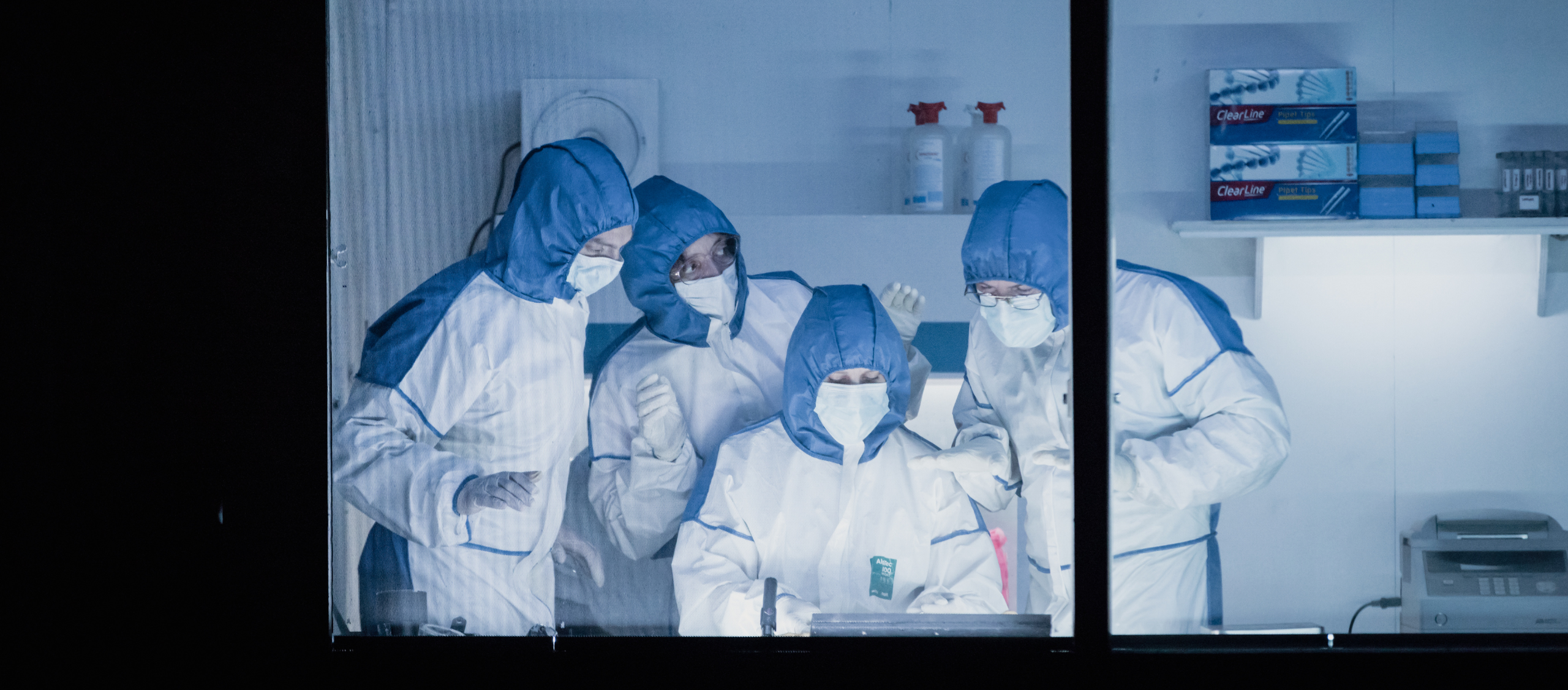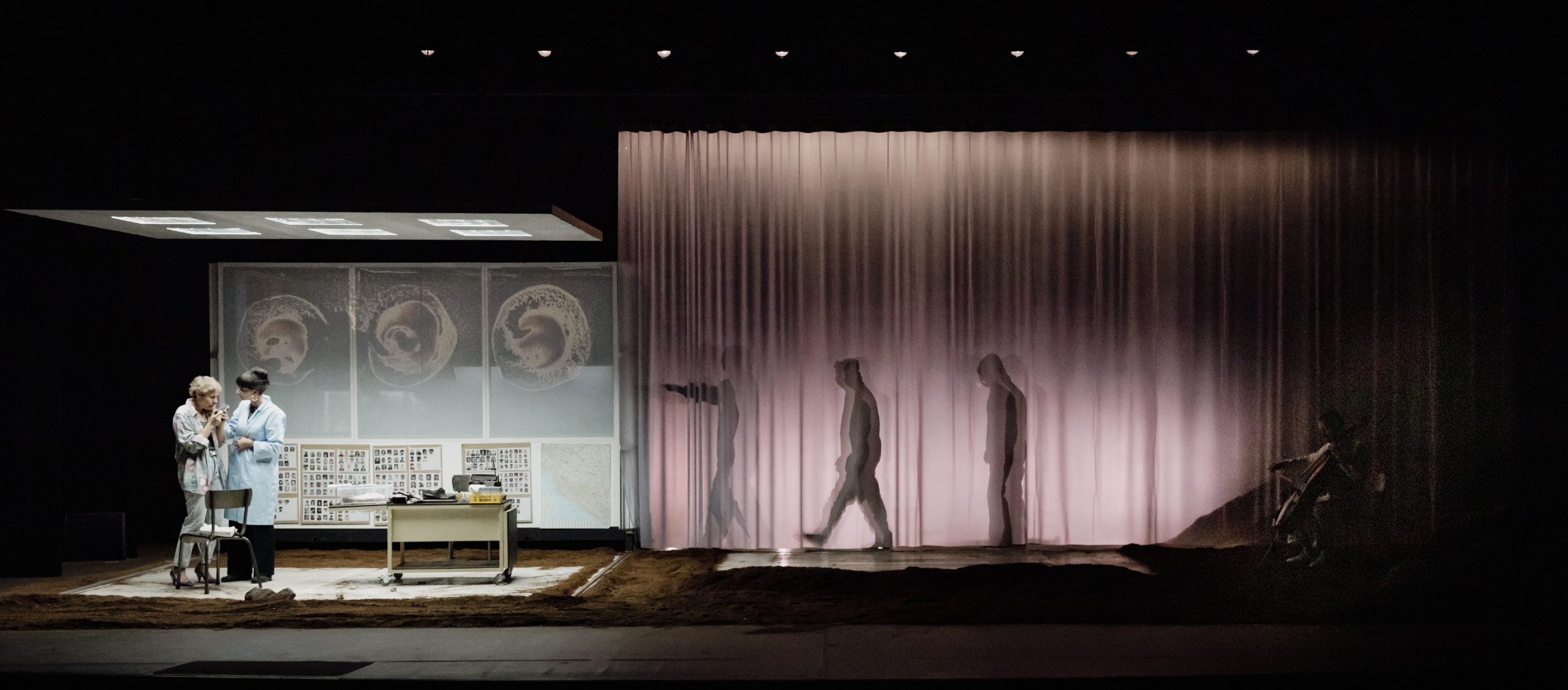DNA is an invisible encyclopedia.
The blueprint for all living beings, it contains the information that makes us who we are.
But how did the Sapiens encyclopedia, our own, become what it is?
How do we read it, decode it, interpret it?
We carry within us our own book as well as those of our ancestors.
By learning to read them, we can try to shed light on our past and, perhaps, imagine our future differently.
Because the light DNA can shed allows us to decipher it, to understand what it makes of us, Svante Pääbo – winner of the 2022 Nobel Prize for Medicine – embarked in the 1990s on a mad quest: to decipher the DNA of our closest ancestors, the Neanderthals, in order to compare it with our own and try to understand how our species emerged, at what point in history, and by what mechanisms.
Thirty years later, his discoveries and those of his team speak to us of our place in the world we inhabit, the world that shelters us.
They tell us that we are part of a long continuum of crossings, mixtures, encounters, links, and ruptures. That life has made its way to us, through dark and painful episodes, and that it will continue beyond us.
The history of science is one of successive life-shattering revolutions made by men and women in search of a truth, a way of worldmaking, as philosopher Nelson Goodman would say.
But who are those women and men? How do their private lives influence their research? What are their stories made of? And above all, what drives their search?
In Neandertal, scientists attempt to rewrite the history of human origins by deciphering fragments of ancient DNA. Life and research mingle, collide, and feed off each other, and their discoveries, torn from the solitude of laboratories, shatter every notion of racial or ethnic purity.
David Geselson
Produced by Compagnie Lieux-Dits
Coproduced by Théâtre Dijon Bourgogne – Centre dramatique national, Théâtre de Lorient – Centre dramatique national de Bretagne, Comédie – Centre dramatique national de Reims, Théâtre Gérard Philipe – Centre dramatique national de Saint-Denis, Théâtre-Sénart – Scène nationale, ThéâtredelaCité – CDN Toulouse Occitanie, Comédie de Genève, MAIF Social Club, Festival d’Avignon, Le Canal – Théâtre du pays de Redon – Scène conventionnée d’intérêt national art et création pour le théâtre, Théâtre d’Arles, Malakoff Scène nationale, MC93 Maison de la Culture de Seine-Saint-Denis à Bobigny, Le Gallia Théâtre – Scène conventionnée d’intérêt national art et création de Saintes, Théâtre de Choisy-le-Roi – Scène conventionnée d’intérêt national art et création pour la diversité linguistique
With the help of the DGCA – ministère de la culture, of la vie brève – Théâtre de l’Aquarium (Paris), of the CNDC – Théâtre Ouvert
Project financed by Région Ile-de-France and Département du Val-de-Marne
Compagnie Lieux-Dits is accredited by the ministère de la Culture – DRAC Île-de-France
Scientific advice
Evelyne Heyer and Sophie Lafosse (eco-anthropology, Musée de l’Homme), Cyrille Le Forestier (archaeo-anthropology, Inrap), Julie Birgel (CAGT)
Freely inspired by
by Svante Pääbo, Basic Books, 2015
Rosalind Franklin: The Dark Lady of DNA by Brenda Maddox, Harper Perennial, 2002
The gravediggers by Taina Tervonen, Marchialy, 2021
Acknowledgments
Frédérique Aït-Touati, Sharif Andoura, Jean-Marc Barbance, Caroline Barneaud, Razya Ben-Porat, Élodie Bouédec, Martine Bom, Jeanne Candel, Alexandre Caputo, Bénédicte Cerutti, Yannick Choirat, Servane Ducorps, Sébastien Éveno, Delphine Hecquet, Jan Peters, Manon Kneusé, Isabelle Le Ber, Kristel Marcoen, Serge Rangoni, Arno Seghiri, Joséphine Supe
For the loan of scenographic elements and technical tools :
The laboratory of Genoscope – National Center of Sequencing
Le Théâtre du Peuple – Bussang
La Compagnie Magique-Circonstancielle I Delphine Hecquet
la vie brève – Théâtre de l’Aquarium (Paris)
Le Théâtre Dijon Bourgogne – Centre dramatique national
La Comédie – Centre dramatique national de Reims


